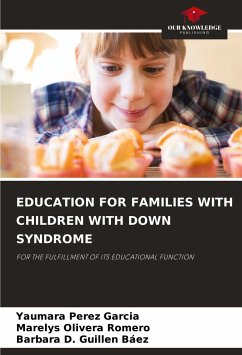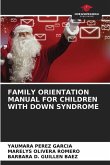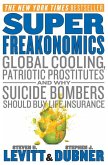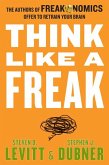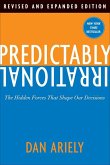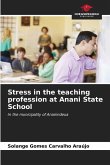The practice in the special school for deaf schoolchildren of Villa Clara, has allowed to appreciate that families with deaf children have limitations to assume an active position in relation to the education of their children, at the same time there is insufficient preparation in some teachers to address these issues and execute actions that favor the educational functioning of the same, therefore the present study is oriented to the participatory elaboration of an educational strategy that contributes to the educational functioning of families with deaf children. The results obtained in this research that responds to a qualitative approach, contribute to the enrichment of the Pedagogical Sciences by providing a characterization and conception on the functioning of families with deaf children, which has a historical cultural support and takes into account the prejudices of the dominant culture towards the deaf community, as well as the attitudes of the parents that affect the socialization of the child, defining the pedagogical bases for the education of parents with deaf children.
Bitte wählen Sie Ihr Anliegen aus.
Rechnungen
Retourenschein anfordern
Bestellstatus
Storno

